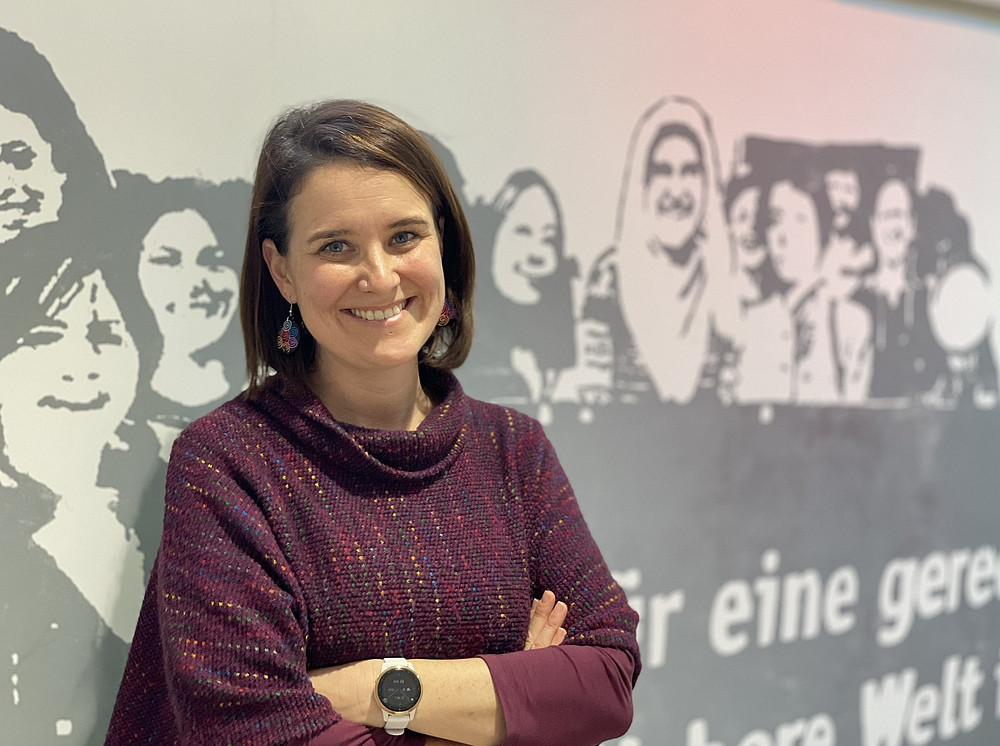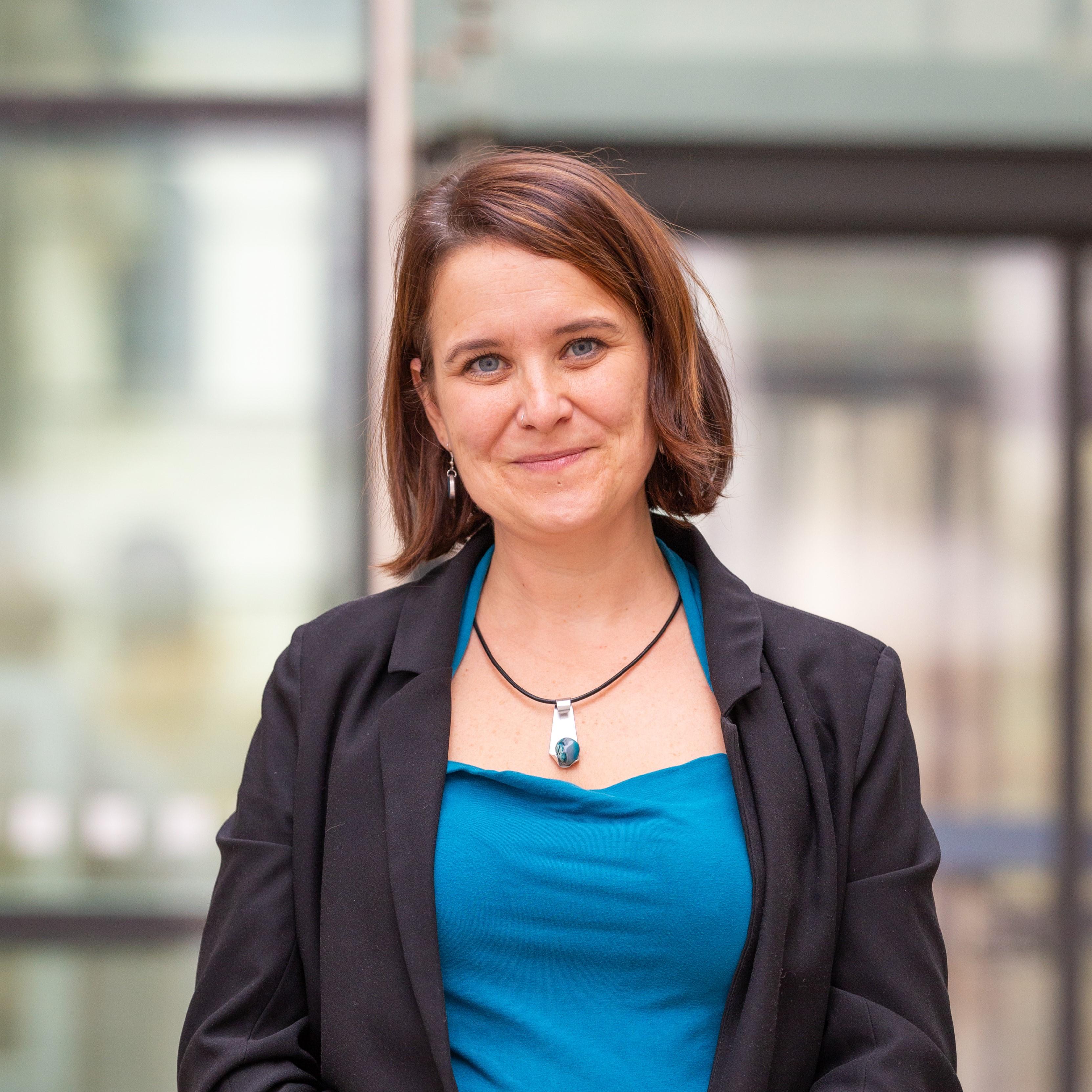Lisa Paleczek: "It's important to me that the school system doesn't lose children one drop at a time"

Assistant Professor Lisa Paleczek's research centres on inclusive and diversity-sensitive lesson design. She is a member of three clusters in the FUTURE EDUCATION network: Plurality and Diversity, Languages and Educational Technologies.
Lisa Paleczek's career as a doctor came to nothing. She studied medicine for one semester. "But I wanted to be closer to people than is the case in medicine," she says. She currently holds an assistant professorship at the Institute of Educational Sciences and Pedagogy. "That's a privilege. It can't be taken for granted," she emphasises and explains how it came about.
After realising that studying medicine was not right for her, she switched to studying special and remedial education at the University of Graz - and, purely out of interest, she also enrolled in psychology. The latter degree programme took her to Lisbon on an Erasmus scholarship shortly before she graduated. She stayed there for four years, working on a community psychology project in which she ran literacy courses, among other things, and completed her psychology degree in Portugal.
In 2013, she returned to Graz, where she took up a position at the University of Graz as a university assistant without a doctorate. And that's when her research career really took off. She was involved in several projects right from the start. The project LARS - Language Reaching Skills, in which she and her colleagues developed differentiated reading materials for the third grade, was a landmark for some of her projects. "We wanted to pick up children with a different first language, but also children with different reading skills in general, so that every child can learn along with the topic being discussed," says Lisa Palezek. She wrote her dissertation on the topic of reading and language skills in the light of diversity in primary schools.
Because her first child was born at the time, she felt that her fixed-term contract was too insecure. She therefore accepted a position as Professor of Inclusion and Developmental Psychology at the then KPH Graz, now the Augustinum Private University of Teacher Education. "That was nice because I was close to everything and had a wide reach via the primary school teacher training programme," says Lisa Paleczek. But she missed the research, which is why she returned to university. There she found a position as an assistant professor, which offered her both the research opportunities and at least the chance of security she was looking for.
Since then, she has not only submitted her habilitation in summer 2024, but has also been involved in many projects that all have one thing in common: Supporting children in their learning and enabling participation. "I'm interested in diversity-sensitive lesson design - so that as many or all children as possible can participate actively and together."
Her projects include - to name just a few - the "RegiNaDiff" project, in which teachers can create their own digital, differentiated learning material with elements that promote reading using an editor developed in the project. Or the current "Kinderleicht!" project, which aims to make the topic of lightweight construction understandable for children in cooperation with the FH Joanneum. Lisa Paleczek has also been involved in the development of various diagnostic tools, such as the Differentiated Reading Test - Decoding, the Graz Vocabulary Test and the Graz Reading Comprehension Test. She and her team were awarded the Science Prize for Inclusion through Science and Technology (WINTEC) by the Ministry of Social Affairs in early 2024 for their RegioDiff project, which developed (digital and in print) and evaluated factual teaching materials on Styria for joint lessons.
However, it is not only the children that are close to her heart, but also the teachers. After all, together with international colleagues, she has developed "Hand in Hand - Empowering Teachers", a training programme that aims to strengthen teachers in their social-emotional skills and diversity awareness through a mindfulness-based approach, thus preventing them from burnout and dropout.
What motivates her to research this topic intensively? "There is a fundamental injustice in society that is exacerbated by what is taught in schools," she says. "Privileged children find it easier and better to get support. And children who already have a harder time often end up in segregated settings. It's important to me that the school system doesn't lose children drop by drop. The higher the grade level, the more children are left out." This social commitment is very important to her. "In everyday university life, funding and publications count as hard currency. I try not to get too caught up in this, but instead make sure that my work reaches people. Because that's what counts at the end of your career!"
What advice does she have for young people considering a career in research? "To think about it carefully. The system is not exactly women- and family-friendly. And even if you invest a lot and prove yourself, there's no guarantee that your career will work out." And despite everything, Lisa Paleczek is passionate about her job: "I love what I do so much that I find it hard to say: 'I won't do it exactly the same way again'!"
